State, Economy and Governance
Though a caretaker cabinet has been announced by the Taliban in Afghanistan but three major fundamentals are still lacking to give it a semblance of an acceptable state structure as per the requirements of the international state system. First, a social contract (constitution) unanimously approved by all segments of Afghanistan is still lacking. The guiding principles adopted by the cabinet of the Taliban recently do not fulfill the requirements of a formal constitution. Without a constitution, Afghanistan will be considered a society without any state protection. Fundamental rights of citizens and inclusivity cannot be ensured without a unanimous constitution. The Republic of Afghanistan has been broken which has yet to be replaced by a viable state structure. Governance will always be the first victim in such an arrangement. Responsibilities, authority and structure of various branches of the state, like elected parliament, executive branch and judiciary, cannot be determined without a constitution. This is one of the reasons that economy of Afghanistan will remain in crisis as is the current situation in Afghanistan. The crisis of economy will push governance in crisis with each passing day. Livelihoods of citizens belonging to various segments of society, genders and ethnicities will continue to suffer because of the lack of formal state structure and the resultant economic and governance crisis. This will certainly lead to restlessness, insecurity, uncertainty among the 38 million population of Afghanistan spread over 652860 sq. Km area. It must not be dubbed a mere conjecture that existing class, ideological, class, ethnic and gender conflicts will exacerbate and new conflicts will arise.
Social Services, Humanitarian Crisis and Human Rights
Municipality services and civic facilities have not yet been established while healthcare and educational services have not yet been streamlined in Afghanistan. Basic infrastructure of electricity has not yet been restored and traffic system has not yet been organized. Banking services and availability of essential food and non-food items should be been prioritized but this has not happened yet. This has made life very difficult if not impossible for the common people of Afghanistan. An additional problem of large scale rural population to the urban centers of Afghanistan due to war and conflicts has taxed the minimal existing social and civic services heavily. Though UN bodies and international organizations have started provided humanitarian support to the newly established Taliban regime in Afghanistan, the humanitarian crisis is too deep to be handled through such an external support. The humanitarian crisis in Afghanistan is deepening day by day which might lead to one of the major human tragedies in the present century if not taken care of soon. An addition of lack of social services and deepening humanitarian crisis, human rights abuses especially against women, children, academia, journalist and minorities continue to increase with the passage of each new day. Torture, targeted killings, public beatings and other human rights violations are regularly reported through media and social media even though freedom of expression has been severely curtailed. Girls’ education beyond sixth grade has been banned during the reported time. Educational rights have been severely hit after the takeover of the Taliban in Afghanistan.
Peace and Law & Order
Though relative calm from bomb blasts and suicide attacks is observed in the whole of Afghanistan, an uncertain security situation due to the reported presence of different armed militias in Afghanistan has created fear of more factional and ideological wars in the country. Experts also fear another wave of long proxy wars in Afghanistan due to conflicting interests among regional and international powers. Another wave of hot proxy wars might engulf the whole region of South and Central Asia if started. People in rural and semi-urban areas and most of the urban areas in Afghanistan reportedly feel immense fear during their movement and commutation. Uncertainty currently defines the lives of the majority people of Afghanistan.
Civil Society and Culture
Social organizations, women organizations, political organizations, media organizations and literary organizations have almost been disbanded in the Taliban regime in Afghanistan. Activism by enlightened academia and democratic groups has almost ceased. Most of the academia and democratic groups have either fled the country or live silently under immense fear. A music school has been closed down in Kabul as soon as Taliban entered Kabul. Dress code alien to the culture in Afghanistan has been enforced at universities and public places. Segregation at the universities has been ensured. Erosion of some sites of cultural heritage has been reported from various provinces of Afghanistan. Artists and singers have either fled the country or live silently under immense fear of execution. This seems to be a concerted effort to engineer Afghan identity as per the ideology of the Taliban.
Women and Children
Women and children are the worst hit population in Afghanistan during and after the takeover of Taliban in Afghanistan. Not a single woman has been included the Taliban’s care taker cabinet. Ministry of Women Affairs has been turned into the ministry of Propagation of Virtue and Prevention of Vice. Thousands of women teachers and workers of Women Affairs have been turned jobless. This is the reason that despite immense fear of retribution, women in Afghanistan continue to take to the streets to protest against their exclusion from jobs, government and education. Children and especially girl children continue to suffer due to shortage of food items, lack of proper healthcare facilities and lack of education.
